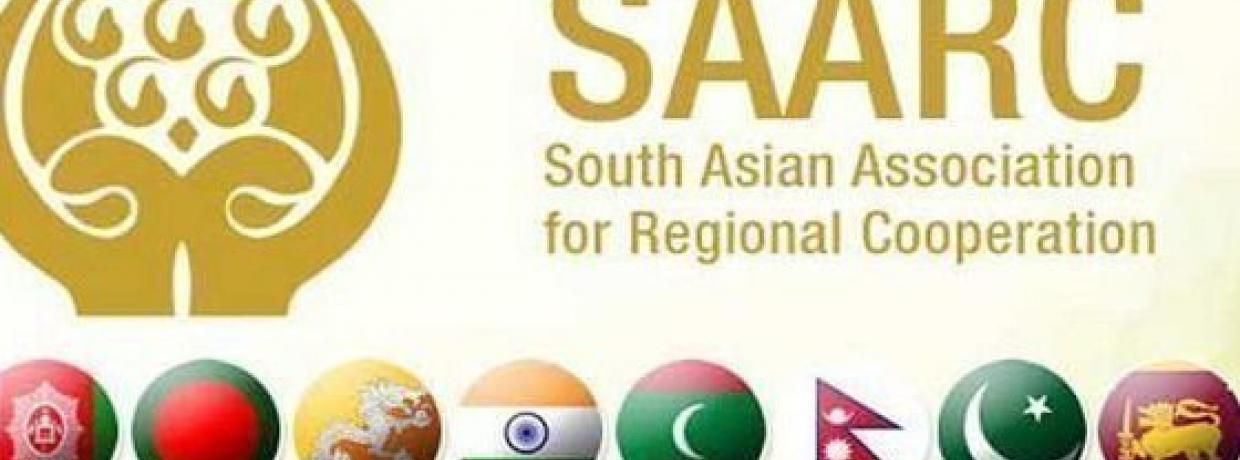
“Establishment of a South Asian Human Rights Mechanism"
Varanasi
India
“Establishment of a South Asian Human Rights Mechanism"
On 15 January 2005, human rights groups from India, Nepal, Bhutan, Afghanistan, Bangladesh and Sri Lanka, PVCHR (India), INSEC (Nepal), People's Forum for Human Rights (Bhutan), Human Rights Commission of Pakistan, LOKOJ (Bangladesh) and Wiros Lokh Institute (Sri Lanka), met with an objective of a united South Asia, working for the common good, in Varanasi, India. This convention was named People's SAARC, leading to the formation of a South Asian People's Forum, with myself as its coordinator. Afghanistan and SAARC charter on democracy were later added to SAARC on recommendation of convention. This was indeed an excellent effort to build human rights mechanism in SARRC countries where the discourse of human rights is still in its nascent stage.
Established in 1985, the South Asian Association for Regional Cooperation (SAARC) sought to promote peace and stability in the region through strict adherence to the principles laid out in the Charter of the United Nations and the Non-Aligned Movement. Given that the UN Charter has been the basis for evolution of several instruments on human rights, SAARC has also taken some important steps in the right direction. Key instruments and initiatives of SAARC include:
- Convention on Preventing and Combating Trafficking in Women and Children for Prostitution, 2002
- Convention on the Promotion of Child Welfare in South Asia, 2002
- Social Charter, 2004
- Charter on Democracy, 2011
- Initiatives relating to climate change, heath, food security, mutual assistance on criminal matters, combating terrorism and drugs.
Justice Shri K.G. Balakrishnan, Chairperson, National Human Rights Commission, India attended an International Conference on 'Regional Human Rights Mechanisms in South Asia' organized by the National Human Rights Commission, Bangladesh in Dhaka, from the 17th-18th November, 2014. He made several interventions during the course of discussions as one of the key speakers. The Conference discussed various issues of human rights in South Asian countries. These related mainly to the problems of migrant workers, trafficking in women, child right issues and climate change. The Conference emphasized that the Human Rights Institutions of South Asia Region would require to make concerted and collective efforts to address the human rights violations and stressed upon the SAARC Member nations to develop a strong regional human rights mechanism for the purpose. It also urged the SAARC countries to ensure that all of them had a National Human Rights Institution in conformity with the Paris Principles.
Europe, Americas, Africa, Southeast Asia and the Arab States have successfully established regional mechanisms, South Asia lags behind. Recognizing the need and importance of regional mechanisms for the realization of human rights, the United Nations General Assembly and the Vienna Declaration and Programme of Action have specifically called for their establishment.
Lenin RAGHUVANSHI
